Tadeusz Majerski: Concerto-Poem and Other Works
The Polish pianist-composer Tadeusz Majerski (1888–1963), who spent his life in Lwów (now Lviv in Ukraine), has been entirely lost from sight. But he wrote some of the most interesting Polish music of his day, bringing together late-Romantic sensitivity and the modern outlook of the new age. This first album dedicated to his work presents one of his major scores, the rhapsodic Concerto-Poem for piano and orchestra, as well as two powerful chamber works and a number of representative piano miniatures.
Michał Drewnowski, piano
Royal Scottish National Orchestra (Track 1)
Emil Tabakov, conductor (Track 1)
New Art Chamber Soloists (Tracks 2–11)
Arkadiusz Dobrowolski, cello (Tracks 12-13)
Listen To This Recording:
-
Concerto-Poem for piano and orchestra (1946, rev. 1956; scoring rev. and ed. Emilian Madey, 2008–9)
- Concerto-Poem for piano and orchestra
- Andante – Tema: Andante semplice
- Var. I L’istesso tempo
- Var. II Allegro feroce, ma non troppo
- Var. III Allegretto
- Var. IV Allegro deciso
- Var. V Allegro, ma non troppo
- Var. VI Allegretto con moto
- Var. VII Andante con magna espressione
- Var. VIII Allegretto con moto
- Var. IX Allegro – Andante
- I Largo ma in tempo rubato
- II Allegro con brio
- No. 1, Misterioso. Lento non troppo
- No. 2, Allegro appassionato
- No. 3, Andante molto espressivo
- No. 4, Presto ma non troppo
- No. 1 Sorrow
- No. 2 In the Dark
- No. 3 At the Crossroad
- No. 1 Etude
- No. 2 Unsentimental Waltz
- No. 3 Prelude
Piano Quintet in the Form of Variations:
Sonata for Cello and Piano:
Four Piano Preludes:
La Musique Oubliee: Three Musical Pictures
Three Pieces for Piano:
First Recordings
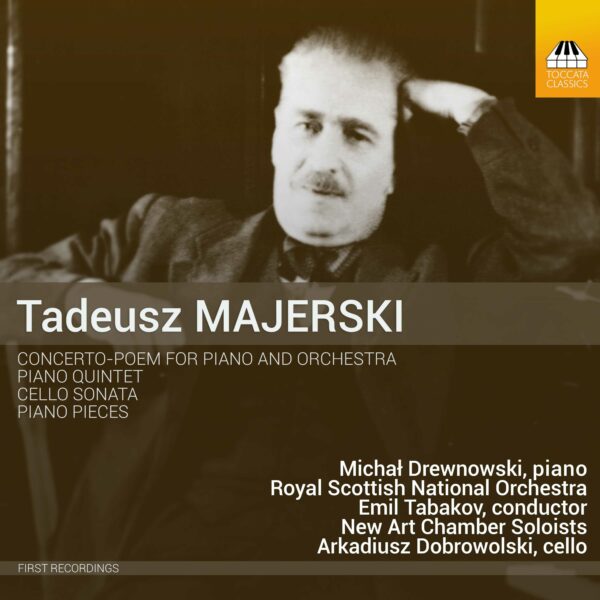
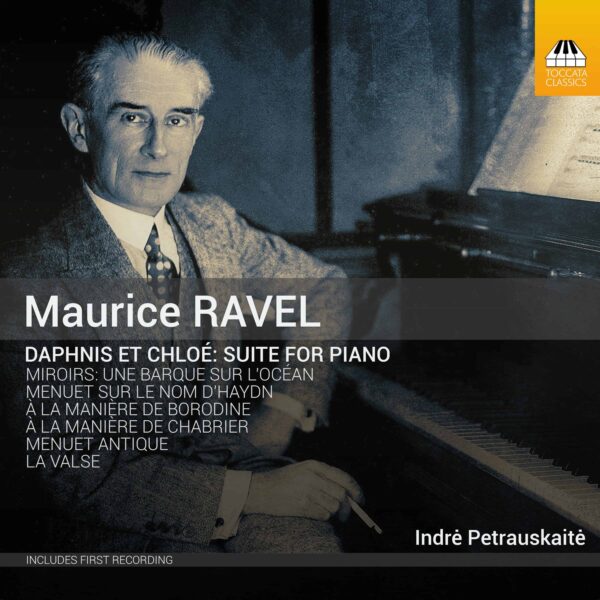
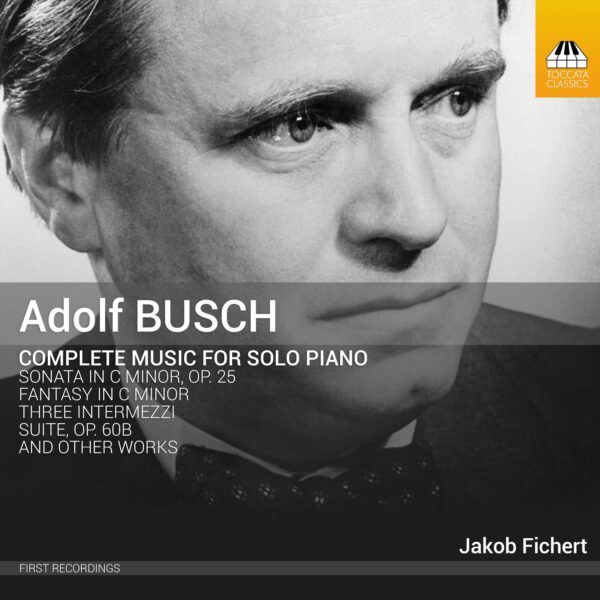
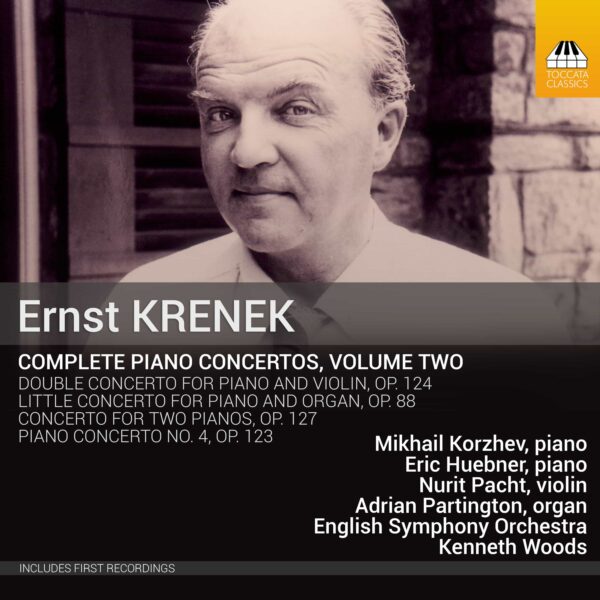
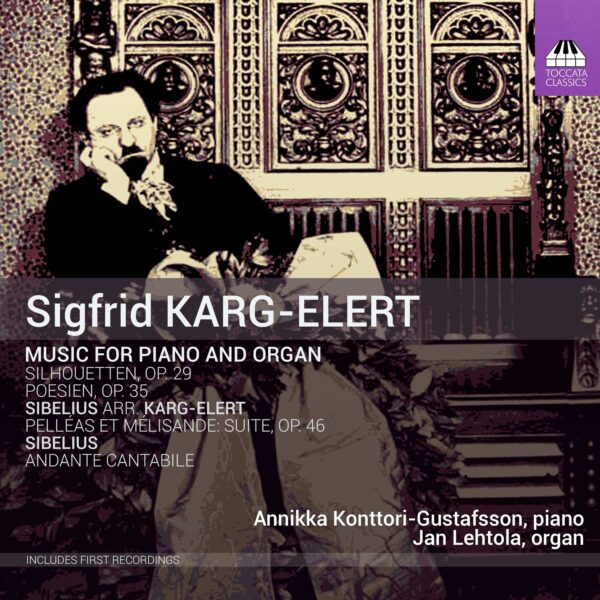
MusicWeb International :
‘Another fresh and refreshing revival from Toccata selected from an unfashionable and untilled corner of the Polish field.’
—Rob Barnett, MusicWeb International
Jonathan Woolf :
‘The documentation is, as ever with Toccata, first class. And the well-recorded performances project the music with sensitive awareness of style and colour.’
—Jonathan Woolf, MusicWeb International
Fanfare Magazine :
‘Drewnowski’s playing throughout the album is never less than exemplary, as are the contributions of cellist Arkadiusz Dobrowolski and the New Art Chamber Soloists. For the first commercial recording devoted entirely to his music, this fascinating, unjustly forgotten composer couldn’t be in better hands.’
—Jim Svejda, Fanfare Magazine